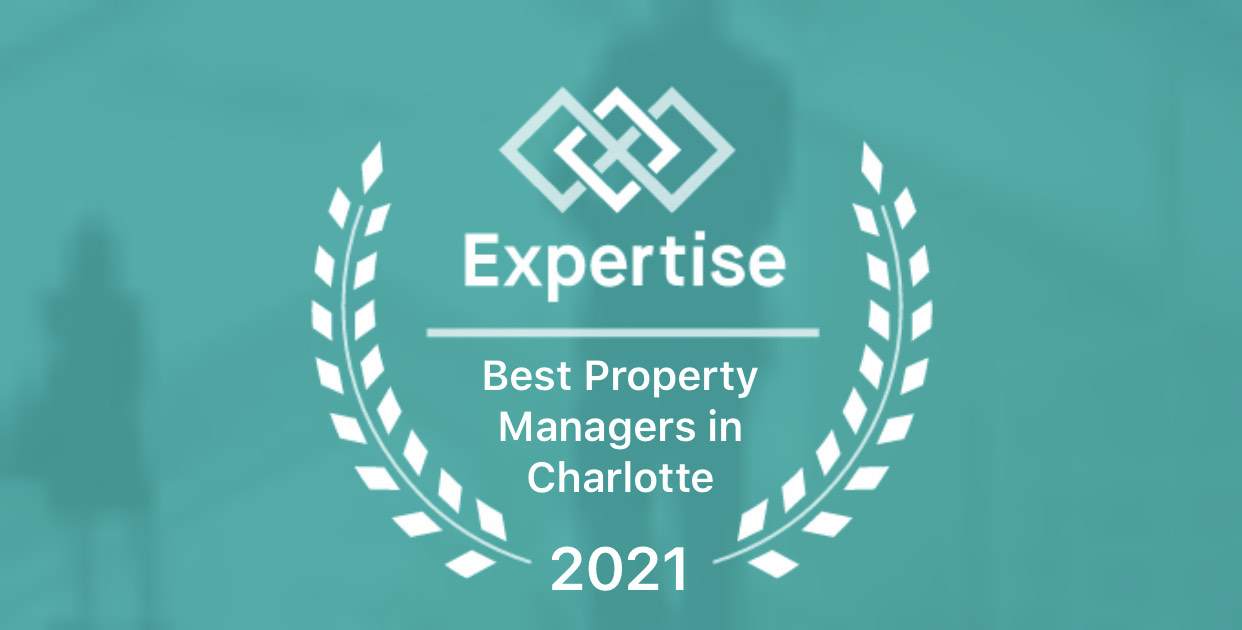Murphy’s Law warns that if something can go wrong, it will go wrong. With all of the expert advice from your quality realtor, the inspections (which are a must), and using a top-notch contractor for the labor you can still run into problem after problem when it comes time to renovate your new investment property.
Renovating older homes is not for the faint of heart. There’s usually a lot of updating, for aesthetics reasons and current building codes, that will be needed. If the owners have not been vigilant about renovating and maintenance, it can really be a can of worms. Even in newer homes, you never know what’s behind the walls. The builder may have made mistakes or the previous owners may have had DIY projects that went awry or hired subpar “professional” help that did more harm than good. All that said, renovations can quickly become a nightmare of not gone about in the right way, for personal property or investment property.
There are a couple of Do’s and Don’ts to keep in mind, to make your renovation experience a dream rather than a nightmare:
- DON’T skip or skimp on the inspection, pre-purchase. A proper, thorough inspection not only informs on obvious things that insure a good buy; it can also give insight to potential costly issues with things like the homes foundation, roof replacement, asbestos and updates needed for current coding, like: electrical, plumbing/septic system, and HVAC.
- DO consult a specialist. First step, is your realtor. They show homes and search for homes daily. They have an unmatchable knowledge of what is being sought after and can tell you, post-purchase, what you need to address to be a viable and competitive rental. Then, contractors are your next line of defense. Once you find a reputable and reliable one, build a relationship where even if you go the DIY route or hire someone else (a good contractor stays busy so will not always be available) they are willing to give you the benefit of their knowledge and experience.
- DO set a budget and stick to it! Once you have gathered info with help from the experts, formulate a plan, get quotes, and set a budget. (*Here would be a good time to mention your “contingency fund”. This fund, a renewable fund that you keep over the life of your investment, should have money earmarked for ongoing repairs/renovations.)
- DON’T dive in with no plan. With renovations as in life, it helps to prioritize. You can’t handle each home the same. You have to take the above information into account, then make your assessment on a case by case basis. For instance, deferred repair by the previous owners should be top on the list; anything that improves property value is also top priority; cosmetic renovations (paint, light fixtures, minor landscaping, etc.) are generally low cost so may be looked at as low-priority, but can often be what is looked at first by prospective renters.
Having what renters are searching for is key in dictating what you can charge in rent. After all, you’re in this to make money…MAKE GOOD CHOICES! If you’re in a great location—location, location, location—but the renter doesn’t see the diamond in the rough that is poorly done renovation or unaddressed problems because you hired the wrong contractors or took on some DIY to get sweat equity, the address isn’t going to get your property rented. Turn Murphy’s Law on its ear by knowing the Do’s and Don’ts of renovations. Remember, Carod Properties is always here to help!















